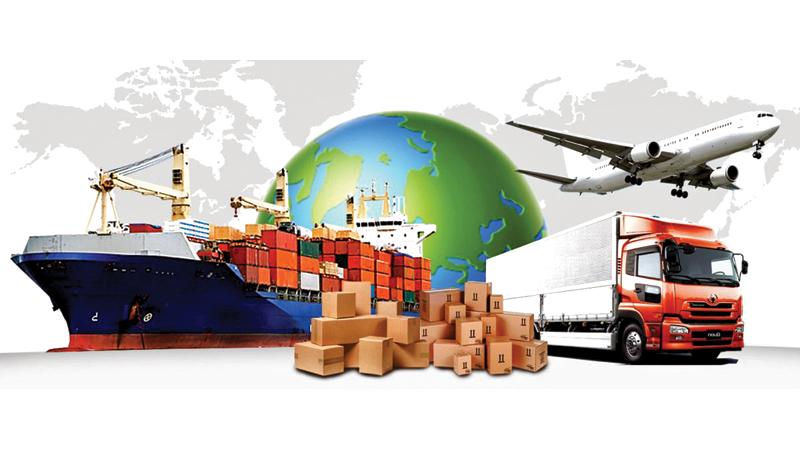
Those who screamed that the country would not be able to pay the International Sovereign Bond (ISB) maturing on January 22 are now screaming that we shouldn’t pay it, when we are ready to make the payment, said Central Bank Governor Ajith Nivard Cabraal.
He said at the same time imports increased to US$ 21.6 billion in 2021 from US$ 16.1 billion in 2020 and US$ 19.9 in 2019.
Economists and think tanks have repeatedly called on policy makers to withhold payment of the full value of the ISB and use it for imports of essential commodities at a time the country is facing an acute foreign exchange crisis.
The Advocata Institute in a media statement last week said the existing foreign reserves of the country could be used either to repay foreign creditors or to finance imports of essential goods and services for the country.
It said repaying the full value of the ISB using the limited foreign reserves would provide a windfall gain to the bond holders but it would be at an immense cost to the country which is facing a scarcity of essentials such as food, medicine, and fuel.
Refuting claims of possible default in debt repayments, Cabraal assured last week that the country had never defaulted and would never do so in the future as foreign reserves are being built according to a plan.
The Central Bank allocated the forex for the USD 500 million International Sovereign Bond maturing this month.
The bank launched a six-month road map last year outlining the path to revive the economy focusing on non-debt creating foreign inflows.
The Central Bank stated last month that official reserves reached around US dollars 3.1 billion, and is expected to remain at such a level by the end of 2021, as well.
As articulated in the Six-Month Road Map for Ensuring Macroeconomic and Financial System Stability, foreign currency inflows in connection with several other facilities that are under negotiation at present, are expected to be realised soon.
The measures taken by the Central Bank to improve foreign exchange liquidity in the domestic market, such as introduction of incentive schemes for workers’ remittances, and the rules covering the repatriation and conversion of exports proceeds are also augmenting official reserves.
The welcome robust recovery in the tourism sector and the strong performance in exports are further buttressing the external sector. Accordingly, the Government and the Central Bank are confident that the reserve position will remain at comfortable levels throughout the year 2022.
Meanwhile economists and think tanks have been insisting the country should seek funding from the IMF to avert balance of payment crisis
